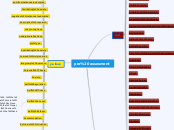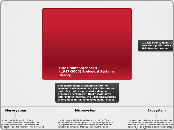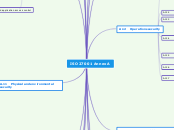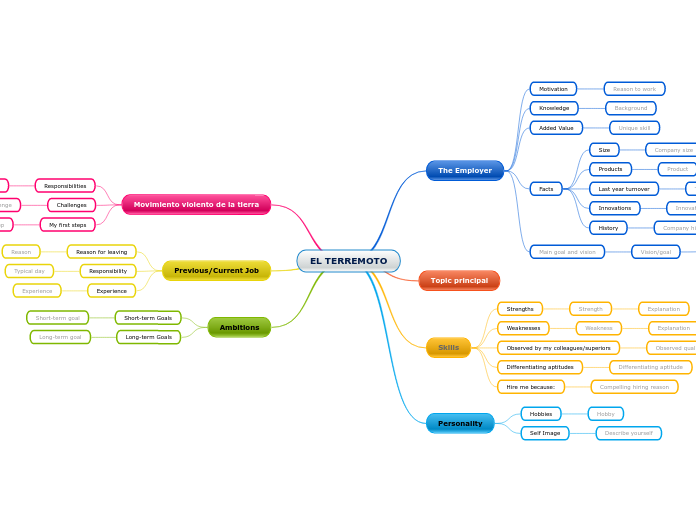av Josh paul för 6 årar sedan
225
pre assesment
The text encompasses a range of psychological and educational concepts, focusing on various theories and models that explain human behavior and learning processes. It mentions key figures such as Edward Debono, Albert Bandura, Erik Erikson, and Jean Piaget, highlighting their contributions to understanding motivation, cognitive development, and psychosocial stages.









